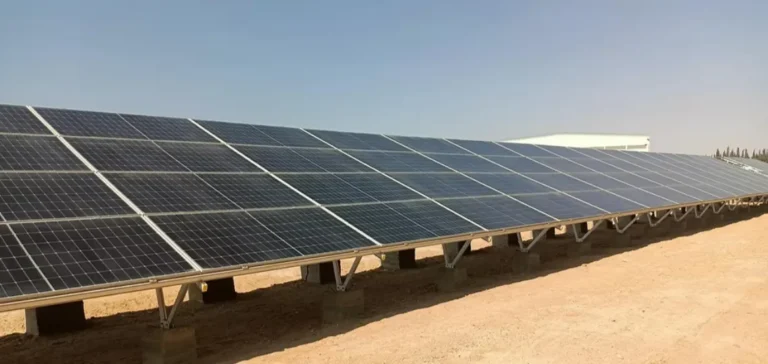Solar project developer Empower New Energy has announced a partnership in Tunisia with AR Solaire, a manufacturer of semiconductors for renewable energy, and Leoni Tunisia, a provider of energy management solutions. The agreement, signed in Tunis, includes the installation of photovoltaic panels across ten industrial sites owned by Leoni in the country. The objective is to enable on-site electricity generation exclusively for its operations.
Energy cost reduction target
Leoni Tunisia stated that the solar programme is expected to reduce its energy costs by 40%, with an estimated saving of over $9mn. The exact investment figure was not disclosed, but Empower applies a model combining financing, development, engineering and operation, with direct involvement of local partners.
This partnership aligns with Empower New Energy’s accelerated growth strategy in the commercial and industrial solar segment, which is gaining momentum in several African regions. The Norwegian developer targets industrial firms with high energy consumption seeking to secure supply while reducing expenses.
Recent projects in North Africa
In Tunisia, Empower had already launched a rooftop solar project with Mall of Sousse. This facility, developed by Indigo Renewables Energy Solutions, has a capacity of 948 kilowatt-peak (kWp) and an estimated annual output of 1 400 megawatt-hours (MWh). It is expected to avoid the emission of over 1 000 tonnes of carbon dioxide per year.
The company has also expanded operations in Egypt and Morocco. In Egypt, a $50mn agreement was signed with Engazaat to finance a 40-megawatt (MW) project portfolio. In Morocco, Empower invested in 5.8 MW of capacity for the Saray Immo group.
Strategic expansion across the continent
Also present in Nigeria and Kenya, Empower continues to expand in key African markets with strong solar potential. Its model is based on industrial self-consumption contracts, reducing dependence on national power grids.
Through partnerships with locally established industrial players, the Norwegian company offers contractual structures tailored to the regulatory and operational constraints of each country. This approach facilitates rapid infrastructure deployment and limits risks related to approval or interconnection delays.






















